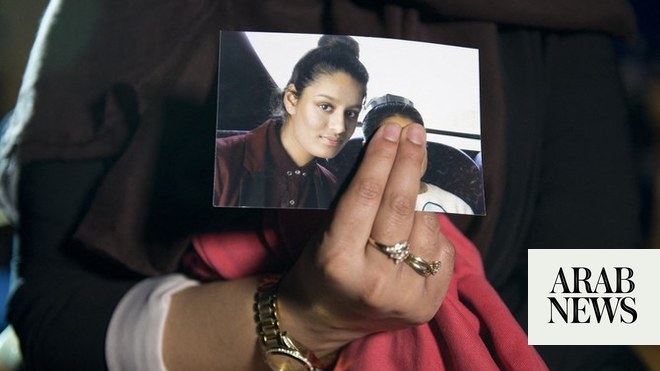
Samoa’s former deputy prime minister will run against her former party of 35 years, and the prime minister she served under, when she contests next year’s election as an independent candidate.
The most prominent and powerful female politician in Samoa’s independent history, and the daughter of the country’s first prime minister, Fiame Naomi Mata’afa quit as deputy prime minister and as a member of the government last month. It also meant she left the Human Rights Protection party (HRPP) of which she had been a member of since 1985.
Her extraordinary departure is part of a broader rebuke to the rule of prime minister Tuilaepa Aiono Sailele Malielegaoi, the third-longest serving prime minister in the world, but who faces a burgeoning challenge to his 22-year rule, over new laws his critics say undermine the constitution and entrench a growing authoritarianism in the country.
Fiame appears certain to be returned to parliament. With nominations now closed, she is unopposed in her seat of Lotofaga, and has not ruled out joining – even leading – a new coalition of three opposition parties challenging the ruling HRPP.
Asked if she would accept a leadership role in the nascent Fa’atuatua i Le Atua Samoa ua Tasi (FAST) party after the election in April, she told the Guardian: “I would take it, yes of course.”
The elder statesman of Pacific politics, Malielegaoi has been prime minister and foreign minister of Samoa since 1998.
But his decision this year to introduce three bills - the constitution amendment bill, judicature bill, and the lands and titles bill - have coalesced previously disparate political forces against him.
Legal experts say the new laws would undermine Samoa’s constitution, judicial independence, and the rule of law, with significant implications for human rights. The amendments would reshape Samoa’s courts by elevating the lands and titles court (LTC) into a stand-alone judiciary equal in standing to the supreme court.
Proponents of the laws say they are designed to elevate Samoan custom in the country’s justice system, which they argue is dominated by palagi – foreign – legalistic perspective. But the Samoa Law Society argues creating a second judicial branch is undemocratic.
“In the past, certain actions claimed to be taken on behalf of the community, such as beatings or house burnings, have been declared by the supreme court to violate fundamental rights. The removal of supreme court oversight of the LTC would effectively leave village fono with decision-making power unfettered by human rights considerations.”
Speaking to the Guardian from her home in Matautu, Fiame, whose father helped frame Samoa’s constitution, said: “Once I understood the impact of these laws, it was very clear in my mind that I could not support it and I could not remain in the party. It was not a difficult decision for me to make”.
“Creating these kinds of legislations that are taking us away from the rule of law, is a classic example of the level of power that the HRPP now has: it feels like it can do anything.”
HRPP has ruled Samoa since 1982, without serious challenge from other parties. It currently holds a supermajority in parliament.
Fiame said decades of single-party rule was not healthy for a democracy.
“Essentially it gives them licence to do what they like and to do what is not lawful, or even more seriously to dismantle the legal foundation upon which our country is based upon.”
In a statement Malielegaoi has accused Fiame of using her departure as leverage for her political future, saying she split with the party “not for professional reasons but personal reasons”.
And he said he was unaffected by the new political force in his country, telling the Samoa Observer: “May they live well and grow well. Parties such as these do not take long until they break apart and disperse.”
The prime minister is being challenged in his seat by two chiefs in next April’s elections, but remains confident in his own, and his party’s chances.
And he remains personally popular in the country, and carries a chiefly authority. When a gang of drunken youths refused to stop throwing stones at a circus tent in Apia last month, and police failed to show, the prime minister intervened and broke the group up.












